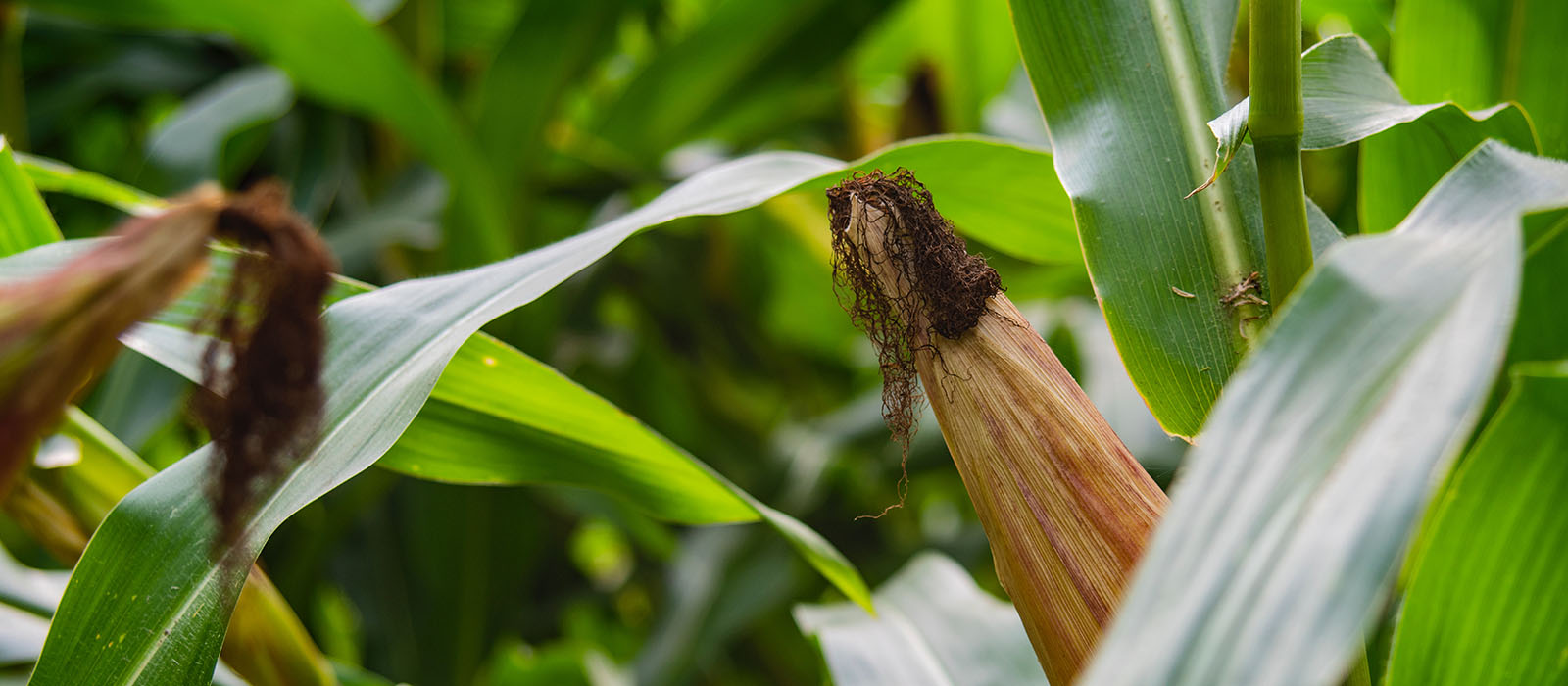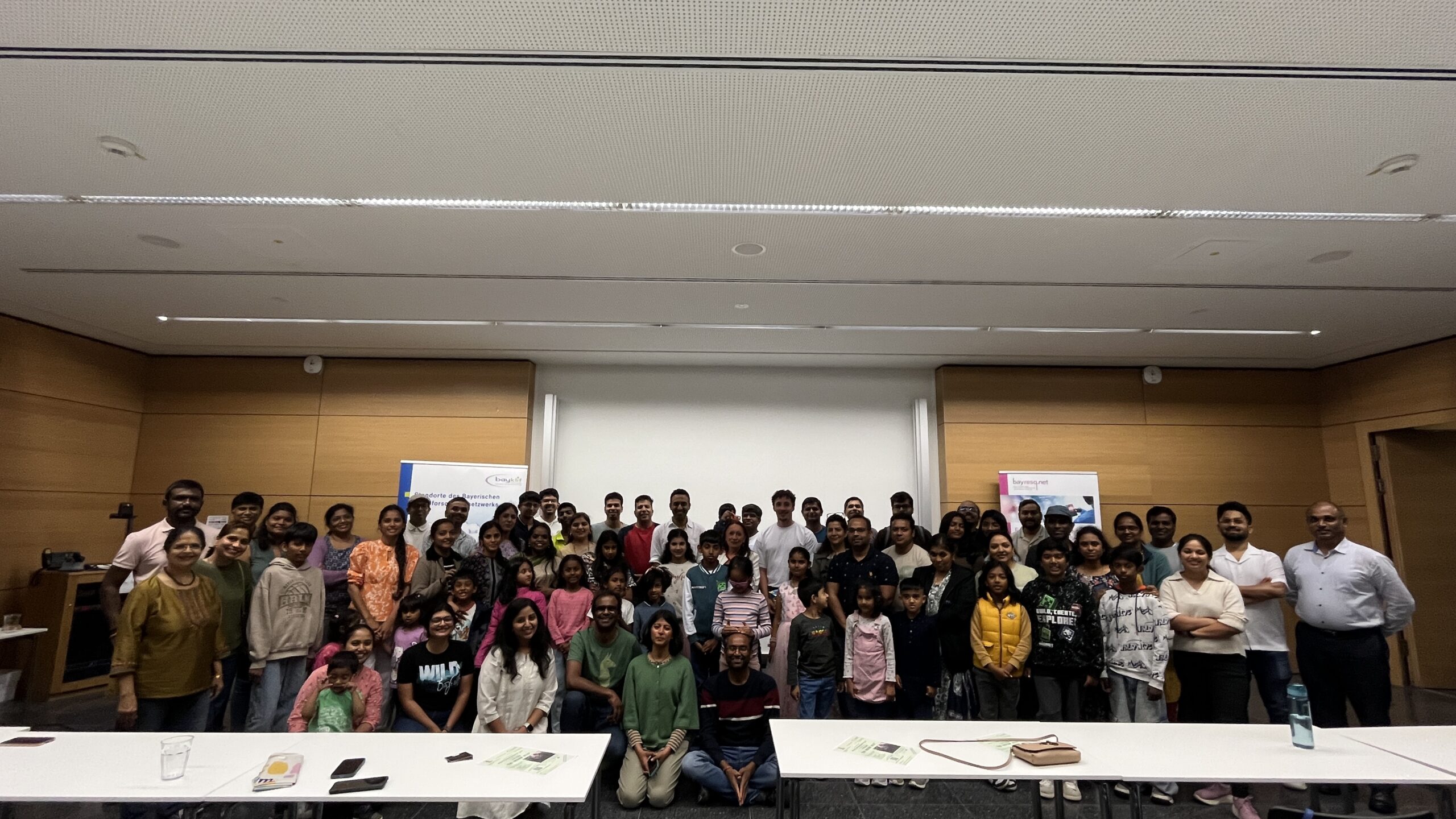Bioenergy plants extract CO2 from the atmosphere as they grow and are then burned in special power plants, where the CO2 from the combustion process is captured and stored (BECCS: Bioenergy with Carbon Capture and Storage). In theory, BECCS is considered a promising process for achieving the temperature targets of the Paris global climate agreement. Future scenarios assume that in 2100 the area consumed by bioenergy crops will be at least six million square kilometers, 17 times the size of Germany.
A team of researchers, including Dr. Christian Hof (head of the bayklif junior project MIntBio) from the Technical University of Munich, point out the limits of the idea of mitigating the effects of climate change by growing fast-growing crops. In doing so, they warn against increasing the current acreage of bioenergy crops – about 500,000 square kilometers worldwide.
Scaling up BECCS would pose a massive threat to biodiversity in particular. Already, from 1970 to 2016, the number of mammals, amphibians, reptiles and fish worldwide has declined by 68 percent. “A massive expansion of the cultivation of bioenergy crops would counteract positive effects of climate protection for biodiversity – this is clearly shown by our studies,” warns Dr. Christian Hof, who with his team is particularly concerned with the effects of climate and land use change on biodiversity. According to the scientists, this aspect should be given greater weight in the IPCC, as should risks to the livelihoods of indigenous peoples.
Christian Hof adds: “The most important thing now is to reduce emissions. In other words, decarbonizing the economy, even reducing energy consumption where possible, and creating incentives for climate-friendly behavioral changes, for example by changing eating habits. The climate and biodiversity crises are arguably the greatest challenges of our time. We need comprehensive solutions that address both.”
Considering sustainability thresholds for BECCS in IPCC and biodiversity assessments.




